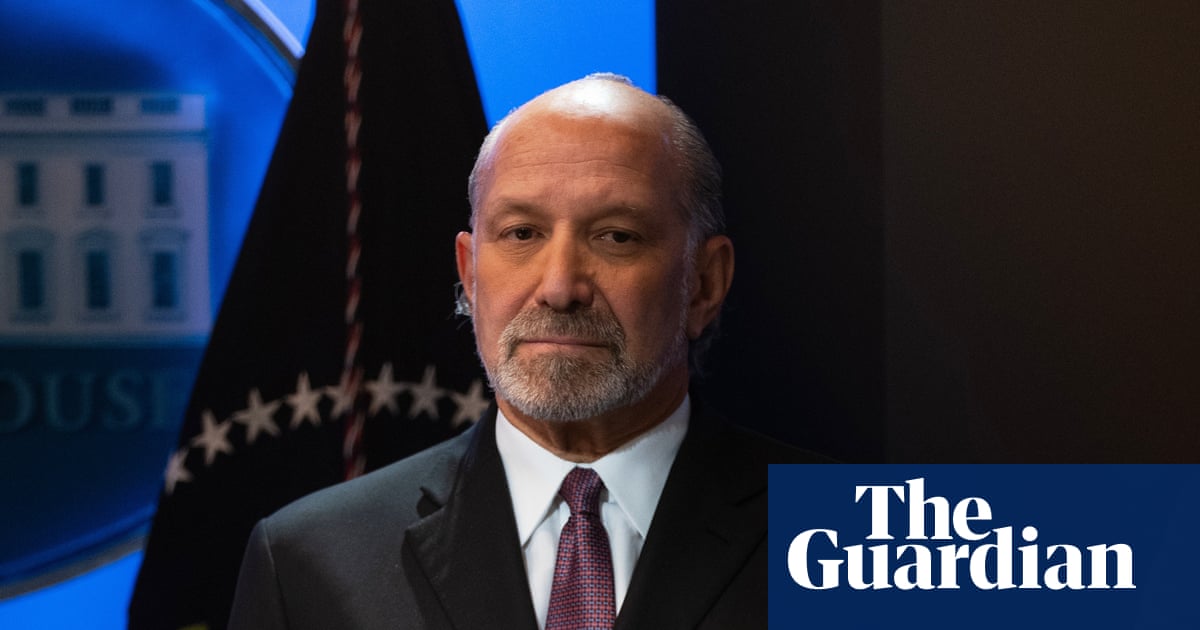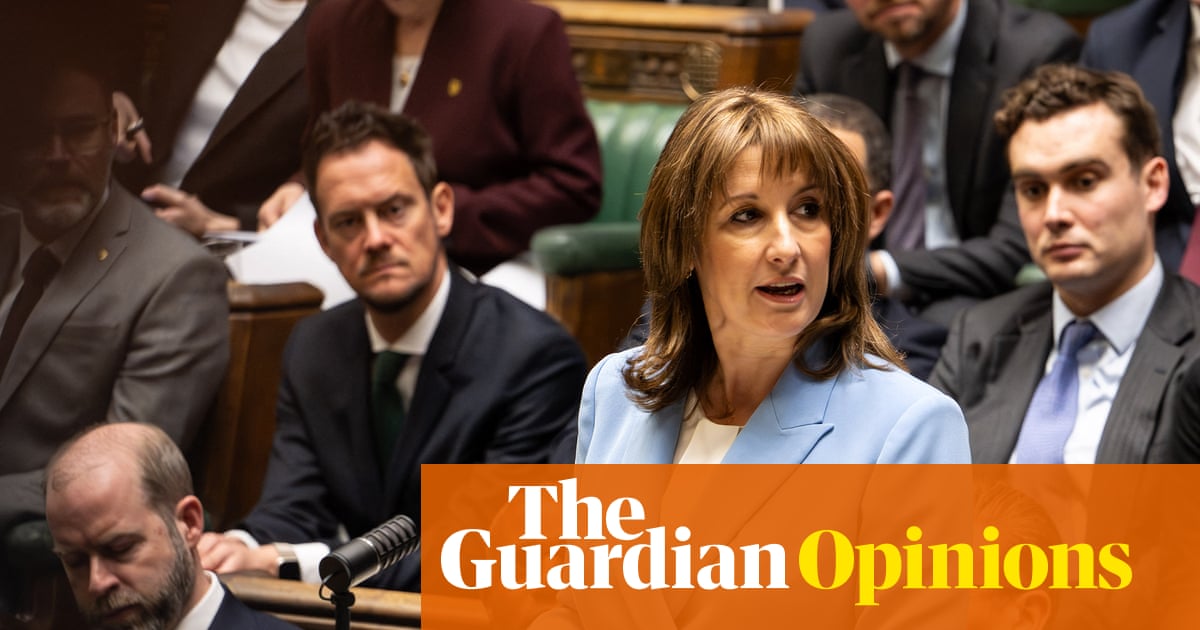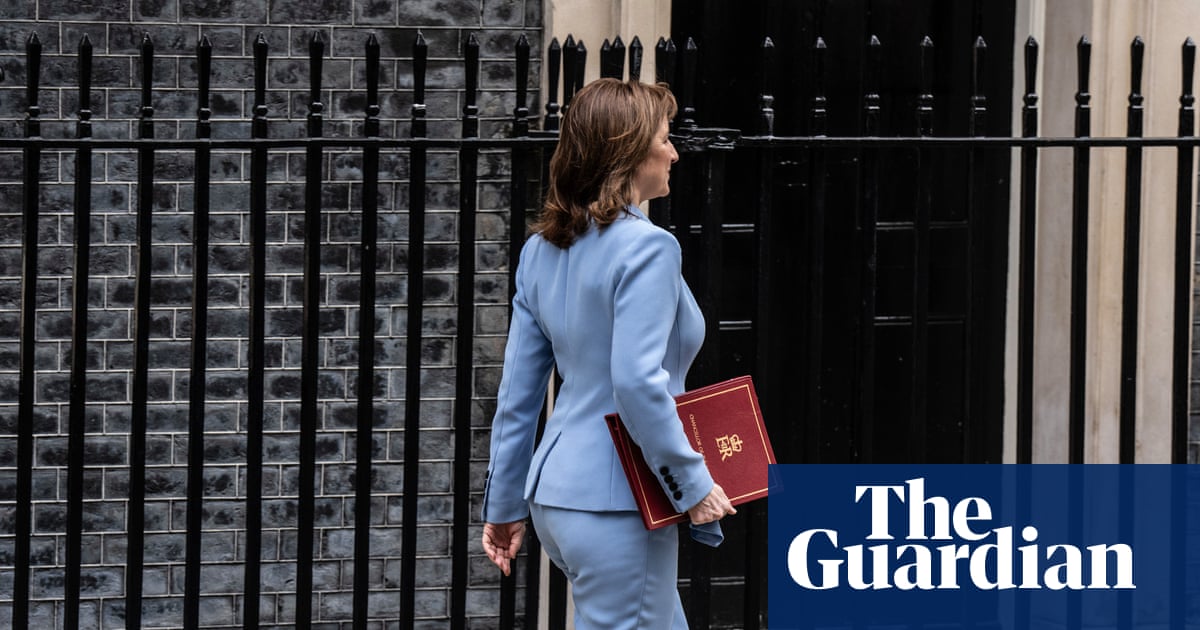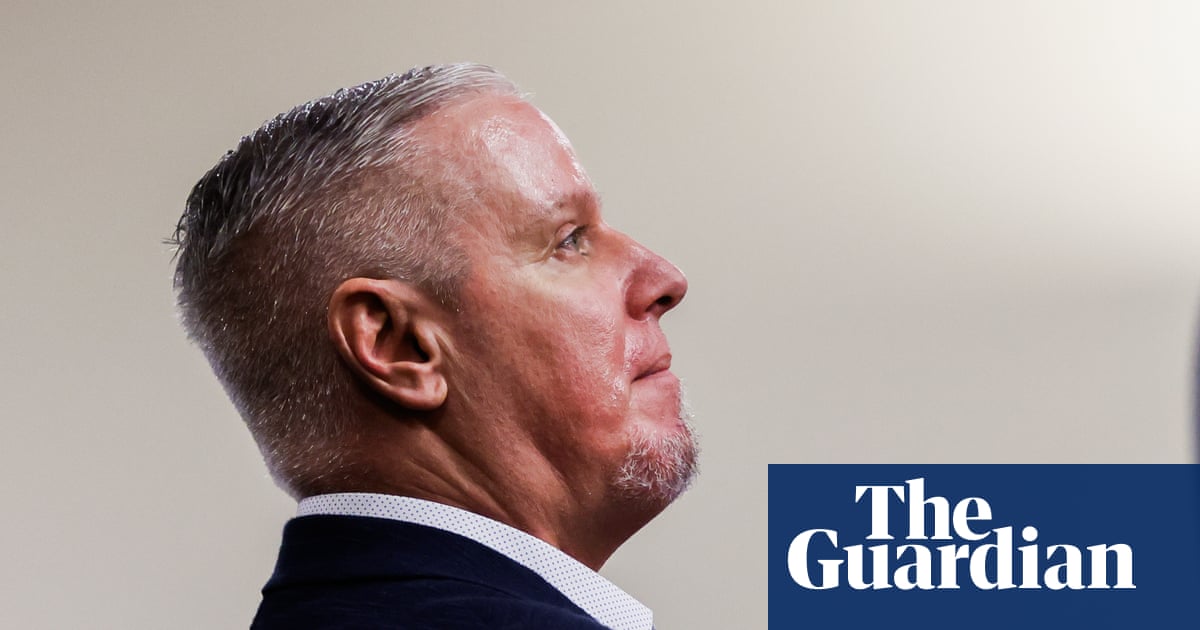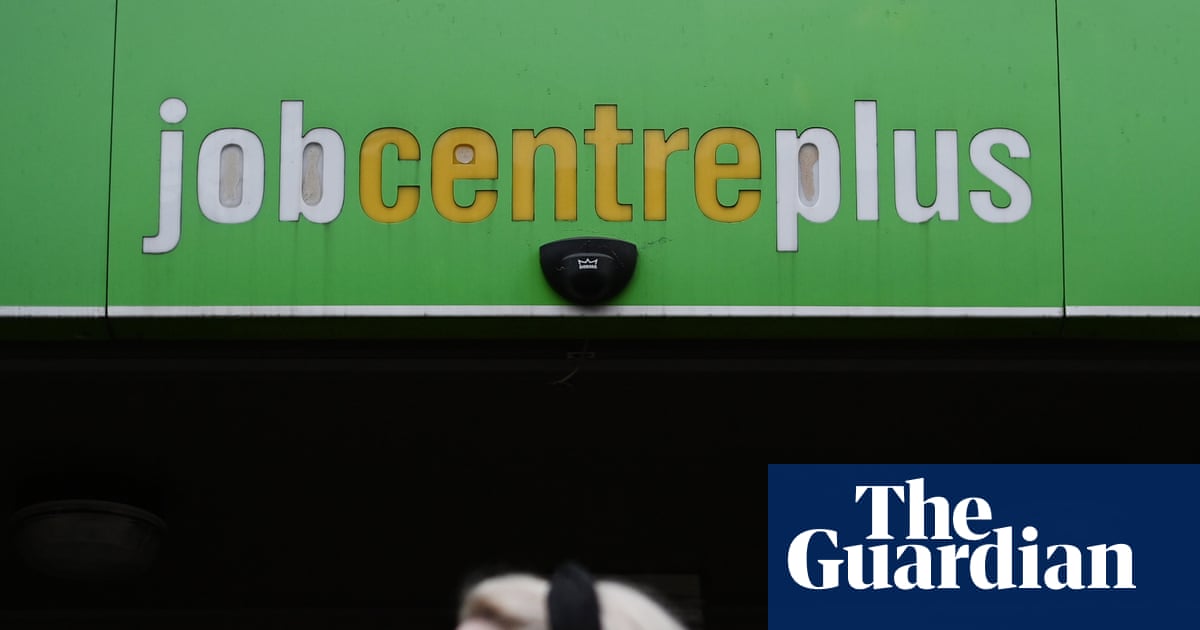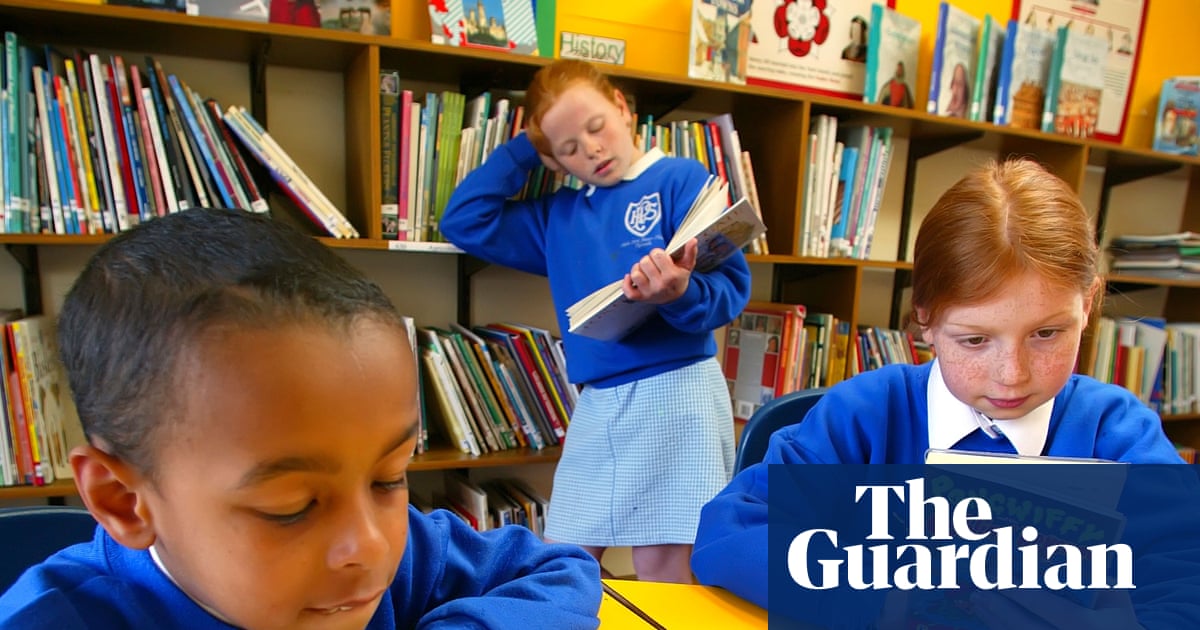Much better to defer a white paper on special needs education in England than to announce plans in haste, only to be forced to withdraw them. This was the calculation behind the government’s decision to put off until next year its plans for reform in a vitally important and sensitive area. Some council leaders were disappointed by the delay, such is their desperation about overspends. But ministers hope that further consultation will enable them to gather support for proposals that they insist are aimed at improving the system by making mainstream schools more inclusive – and not, as many families fear, reducing entitlements and saving money.
The postponement was probably prudent. But as details of last week’s Francis review on the curriculum sink in, it is clear that the government has work to do in maintaining a sense of momentum around its plans for education. The changes to GCSE content and exams set out in the report, which were mostly accepted by Bridget Phillipson, will take effect from 2029, which is after the next general election. Pupils who are currently in their last year of primary school (aged 10 and 11) will be the first to take the refreshed courses. Changes to the national curriculum will take effect a year earlier.
Surely some of the proposed changes could be introduced sooner. Curriculums cannot be rewritten overnight, and should not be rushed. After detailed work in individual subject areas, a separate task involves joining them up to give teachers a clearer view of the whole. The review panel was rightly mindful of issues around teacher morale and workload. This was part of the reasoning behind its gradualist approach as well as its timeline.
But might exam boards be able to trim exam timings before qualifications are relaunched? Could a greater focus on oracy (or speaking skills), alongside reading and listening, be tried out in some classrooms straight away? This could be a way of increasing teachers’ professional autonomy, as the review also recommends, and thus giving a boost to recruitment and retention.
Ministers should encourage schools that are keen to try new things. While a stronger focus on media literacy in the curriculum is welcome, there is no reason why teachers should wait three years. The pace of technological change and the blizzard of online material to which children are now exposed makes finding ways to address this in classrooms a pressing issue.
Inside government, one priority must be the new, modular qualifications in maths and English. New “V-levels” also need fleshing out. With almost 1 million people aged 16-24 outside education, employment or training, the obstacles to participation for this group require urgent attention.
There are some important issues that the review did not touch. Some experts believe A-levels are too narrow; others want to reduce primary schools’ reliance on phonics to teach reading. But taking a step back, the bigger question is why Labour did not develop more ambitious plans for schools during 14 years in opposition. Ms Phillipson is an able education secretary and policies including breakfast clubs, and the expansion of early years education, are among this government’s most significant achievements. But more of the groundwork for the kind of changes that the government is now trying to make ought to have been done before last year’s election.

 3 months ago
84
3 months ago
84

